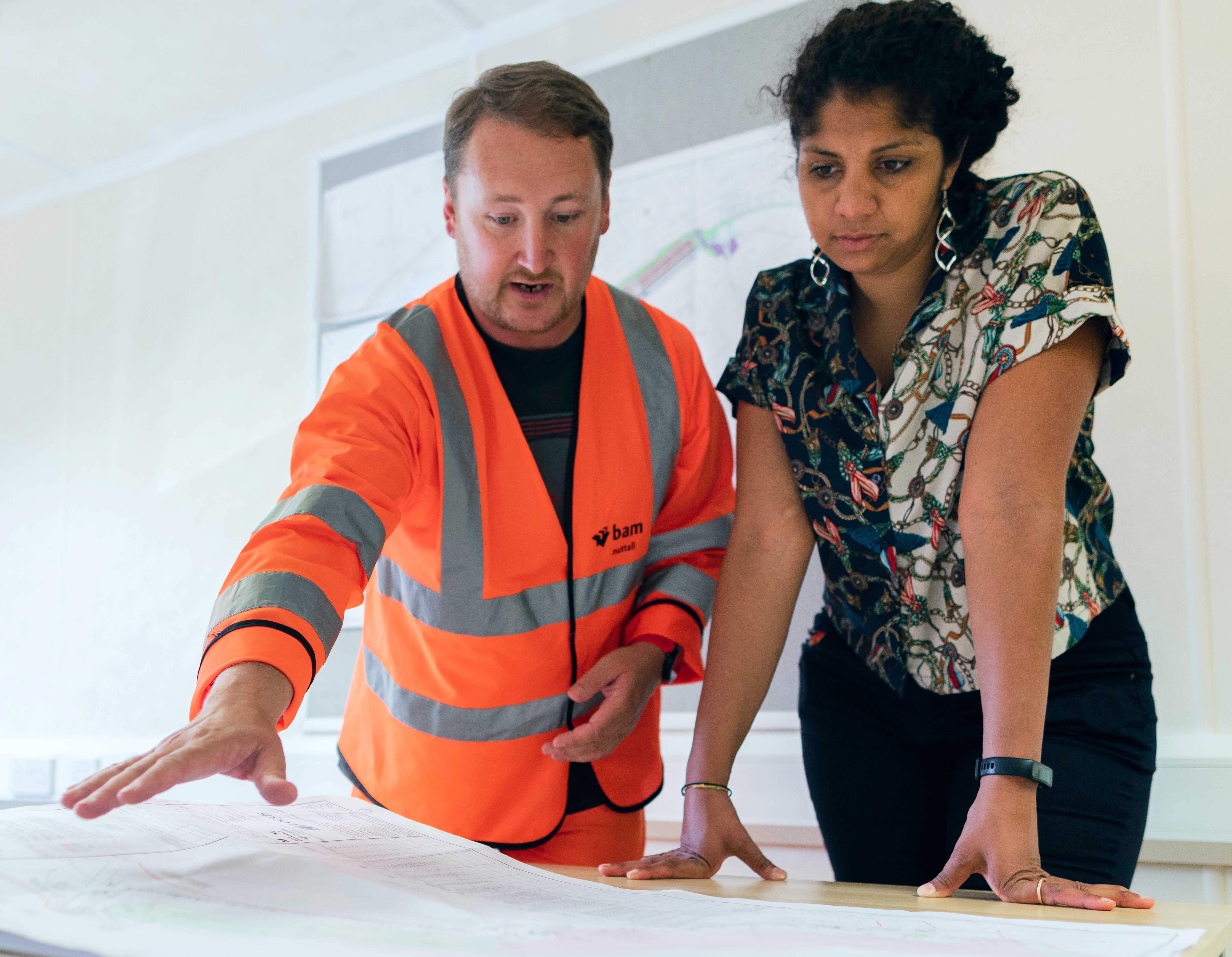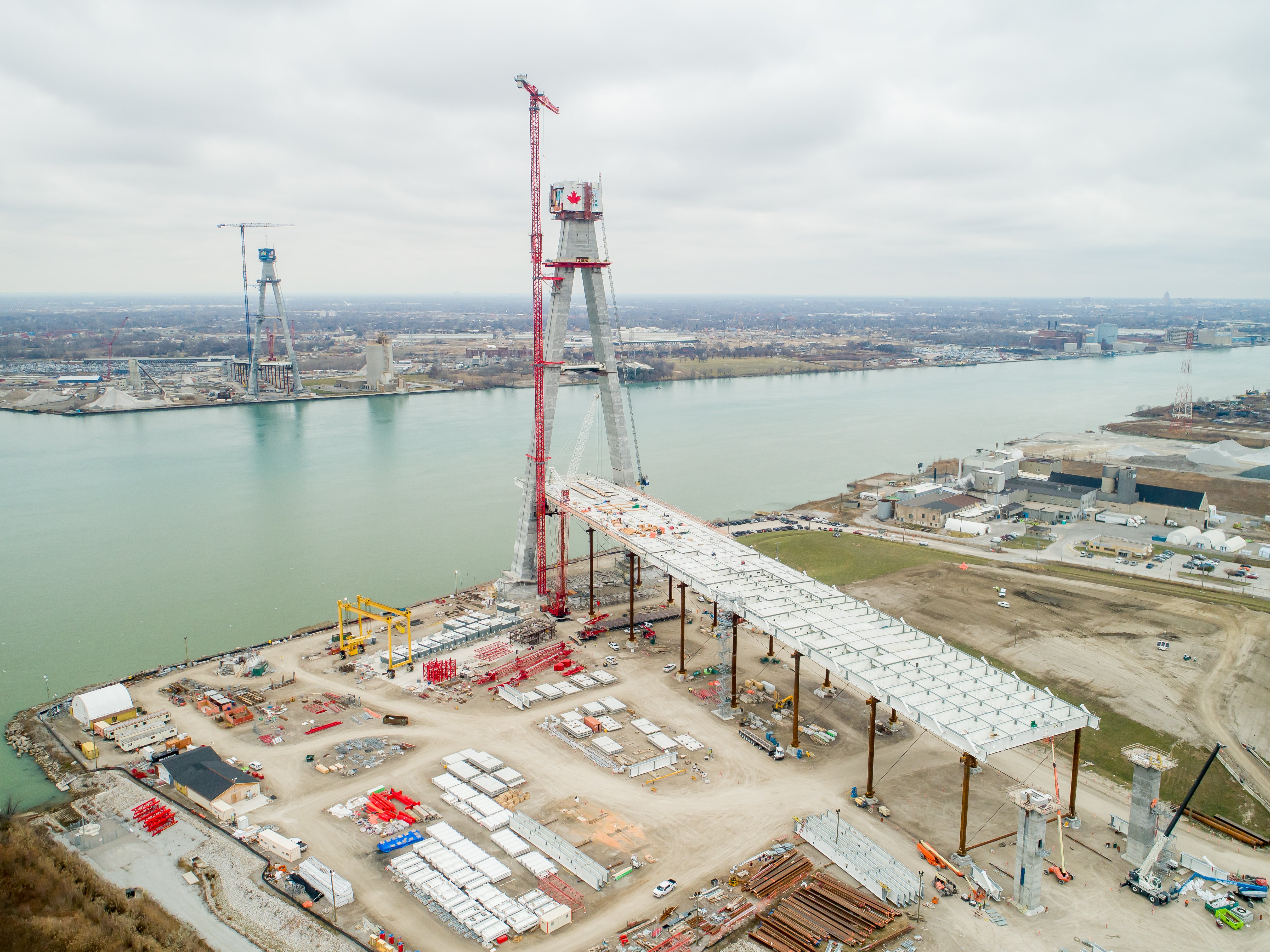Challenges in Collaboration
The construction sector is a diverse and decentralized industry that relies on many experts and professionals in different fields. While this brings a wealth of knowledge and skills to the table, it also presents significant challenges in terms of collaboration.
Information silos between various project stakeholders have plagued the industry, making it hard to work together effectively. Adopting a silo mentality when executing construction projects frequently leads to an unsystematic process, resulting in design work with ambiguities that can lead to mistakes and omissions in the construction documentation. Consequently, this can lead to errors in quantities and pricing or the requirement for costly fixes and rework due to schedule constraints and unrecorded alterations.
The construction industry also faces significant competition, and teams compete to ensure profitability and secure future contracts. This competitive environment can lead to stakeholders prioritizing their interests and completing their assigned tasks as quickly as possible rather than working towards long-term goals. As a result, delays, conflicts, and disputes often arise, further hindering collaboration efforts.
As the infrastructure industry grows, the need for collaboration between different disciplines becomes increasingly essential. Infrastructure development involves a range of professionals, including engineers, architects, and urban planners, each of whom plays a crucial role in creating sustainable and efficient infrastructure systems. Collaboration between these disciplines can lead to a range of benefits for the infrastructure industry, including:
Facilitates access to information and insights
With numerous team members and stakeholders working simultaneously during various stages of construction projects, access to critical information and insights is crucial. Effective collaboration allows various stakeholders to access information and share insights, enabling better decision-making.
When each discipline comes together, it reduces the chances of costly surprises. For instance, a collaborative review can help parties identify conflicting construction issues before the construction begins. Moreover, collaboration alleviates the need for rework due to poor planning and ineffective communication.
Enhanced efficiencies
The process of infrastructure development involves a complex and interconnected network of systems that require seamless coordination to function effectively. By encouraging collaboration between various disciplines, professionals can identify areas that need improvement, streamline processes, and ultimately enhance the overall efficiency of these systems. With this approach, professionals can work together to optimize the performance of infrastructure projects, making them more sustainable and cost-effective.
Improved safety
Construction firms encounter complex tasks that can pose safety risks when working independently. When such tasks are not properly planned and coordinated with other stakeholders, the project’s safety risks can increase.
Effective collaboration between key players can enable them to address and solve possible safety risks as a team in the initial stage. A proactive approach can help prevent potential safety issues and create a safer working environment for everyone involved. By working together, professionals from different disciplines can identify potential hazards and design measures to mitigate them.
About Archipelago
Archipelago is a professional services network in the architectural, engineering & construction (AEC) industry that aims to connect member firms, boost productivity, and harness technology to meet the increasing demand for infrastructure and housing. Our mission is to empower firms by sharing knowledge, resources, and expertise, fostering innovation in designing sustainable development for future generations. Join our network today, and let's collaborate to shape a better future for all.
.png?width=323&height=50&name=Transparent%20(1).png)



